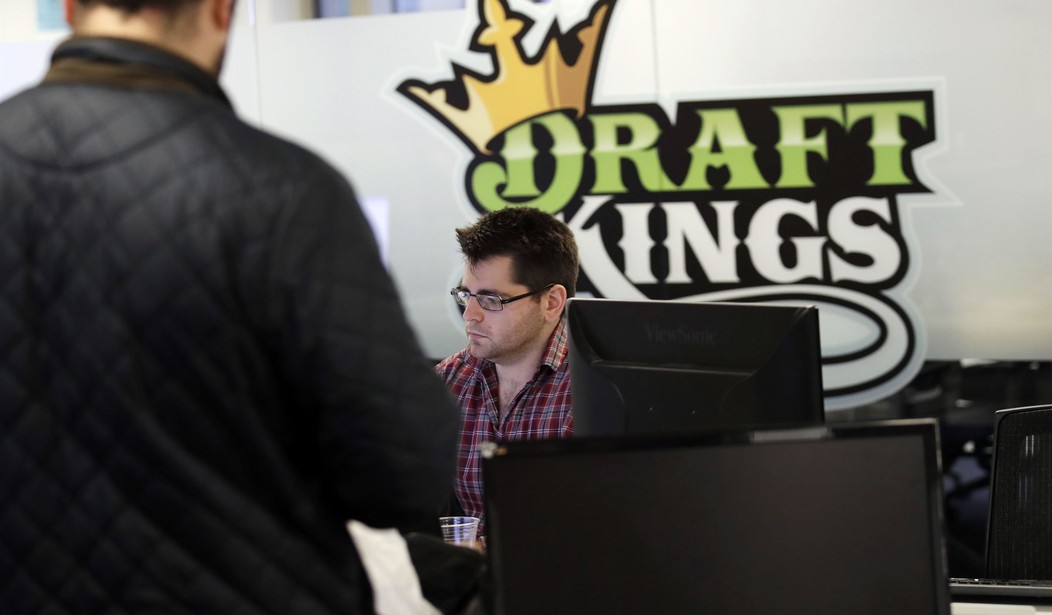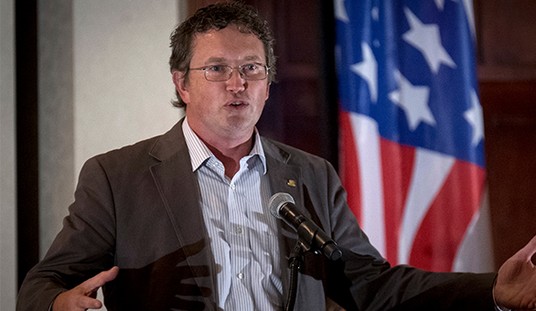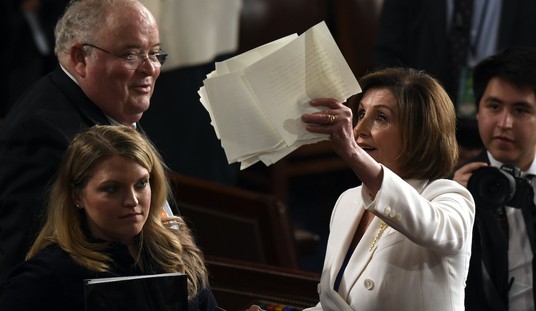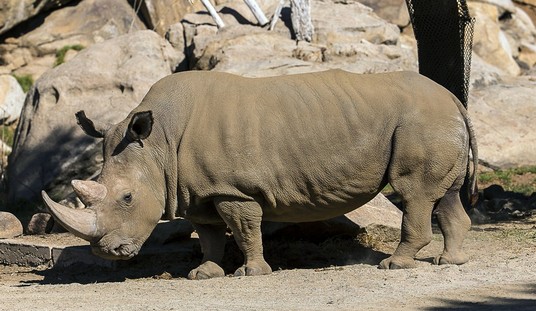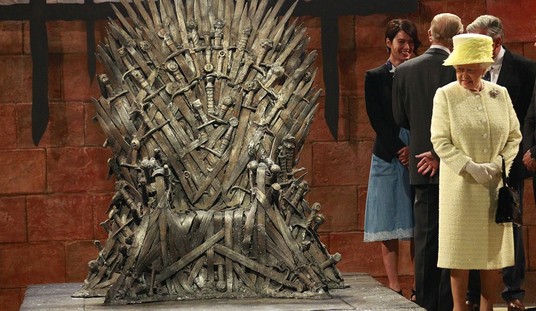Just in case you needed another reason to oppose government involvement in corporate America, here’s a story illustrating how one industry is trying to use the power of the state to target its competition. In this case, we have an effort on the part of the gambling industry to sic the government on fantasy sports leagues.
The effort appears to be intended to either have the state outlaw betting on fantasy sports leagues or have them more heavily regulated.
Former economic adviser to former President Donald Trump Stephen Moore penned an op-ed drawing attention to this situation, pointing out that the online gambling industry is using the same arguments against fantasy sports that casinos made against online gambling years ago.
The online gambling industry in the United States spent years and years fighting against the powerful Las Vegas casinos to make online sports betting legal in the states. They won a historic Supreme Court case in 2018 that struck down the Professional and Amateur Sports Protection Act, a federal ban on sports betting throughout the United States.
The court recognized this law as a protectionist racket—and, for better or worse, almost overnight the floodgates were opened in most states for legalized online sports betting.
But now the kings of the hill in the online sports betting world—led by FanDuel and DraftKings, the same companies that profited so much from that court’s wise decision to deregulate—are using the same flawed legal logic that they argued against to make popular sports fantasy league wagering illegal.
Just like the brick-and-mortar casinos that they fought against for years, the online betting association is flexing its political muscle to try to extinguish this new competition.
Moore further described how the online gambling industry is now trying to wield the government as a cudgel against fantasy sports.
At issue is whether fantasy sports leagues are like a roulette wheel and are pure games of chance, or whether they are games of skill that require players to make smart draft decisions like a general manager to build a “winning” team. The Sports Betting Alliance, a lobbying arm of traditional online gaming firms, recently brought a complaint in Wyoming that the fantasy leagues are “sports betting sites ... operating under the guise of fantasy sports.” They claim these are illegal, unlicensed, and unregulated gambling establishments that must be shut down. The Wyoming Gaming Commission bought the argument, and under lobbying pressure, other states are looking at doing the same.
The Wyoming decision overturns nearly a century of precedent that games of skill are treated differently from games of chance in federal and state law. If the gaming commissions—which naturally want to regulate as much of the industry as possible to expand their powers—don’t back down and the Sports Betting Alliance wins the day here, either the online fantasy leagues go out of business, or they will be hobbled by a thicket of complicated and costly government regulations. Either of these options is just what the fantasy league competitors are seeking.
Despite what those siding with the gambling industry might argue, this is not about protecting consumers. This is a naked effort to weaponize the government against another type of gambling in order to eliminate or hamper competition.
It is difficult to see this as anything other than blatant crony capitalism, an attempted partnership between the company and the state to make it easier for it to dominate the market. Therein lies the problem.
The crux of the matter is the extent to which government at the local, state, and federal levels has its claws in corporate America. Large, established companies have used the state’s involvement in various industries to impose burdensome requirements on smaller competitors and upstarts in order to cement their positions as the top dogs. While the leaders of these companies may publicly decry excessive regulations, behind the scenes, they support and sometimes help create these onerous restrictions that make it difficult for others to compete.
In this case, online gambling companies may claim that fantasy sports might subject consumers to fraud or addiction, which would justify the levying of more restrictions and regulations that will place even more obstacles for fantasy sports leagues.
Stories like this further illustrate that America does not have a free market. The government is far too ensconced in Wall Street to claim that we have an authentic capitalist economic system. When large corporate interests can partner with the government to target smaller competitors, our markets are anything but free.

